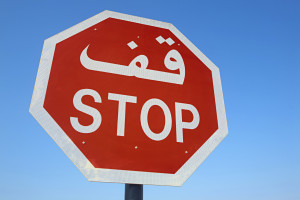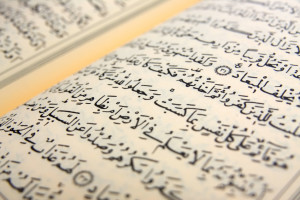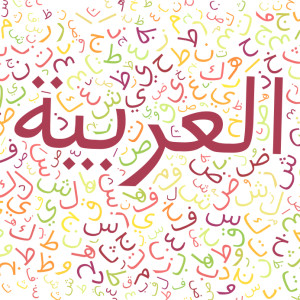
السلام عليكم,
By now we have tools to help us quickly identify اسم’s and فعل’s . One last thing before we move on to meatier stuff, and that’s how to tell if a word is a حرف.
In a nutshell:
و الْحَرْفُ ما لا يَصْلُحُ مَعَهُ دَلِيلُ الاِسْمِ وَ لَا دَلِيْلُ الْفِعْلِ
“… and the حرف is whatever evidence of the اسم or فعل does not apply to…”
The حرف distinguishes itself from the اسم and the فعل, in that it doesn’t make sense for a sign of the اسم or فعل to come with it. In other words, whatever doesn’t make sense for a sign of اسم or فعل to come with is a حرف.


